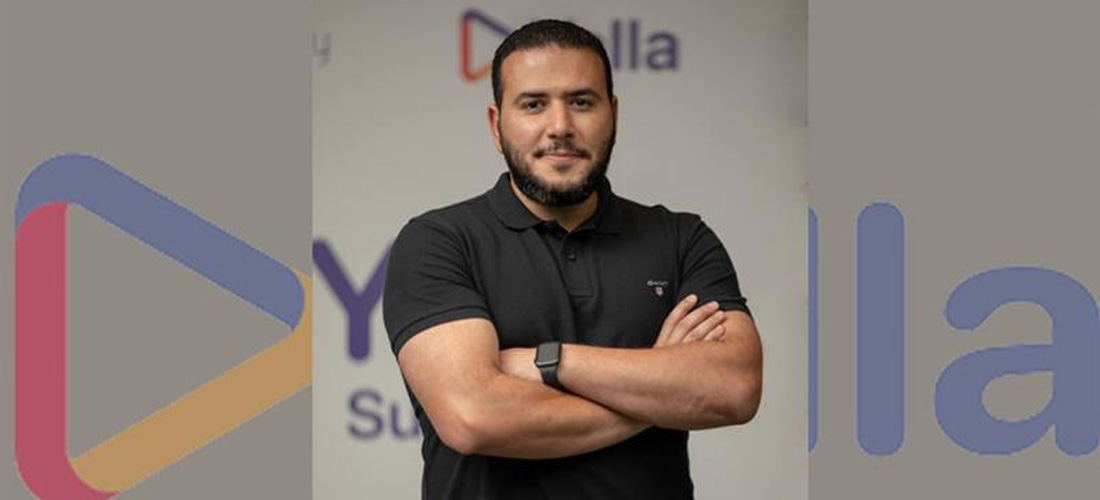Cairo – Mubasher: Investments of award-winning payment solutions provider (PSP) Paysky in Egypt have exceeded EGP 100 million, the company’s Founder and CEO, Waleed Sadek, told Mubasher.
With a vision of democratising e-payments, the Egyptian digital payment solutions platform offers a broad range of payment solutions to financial institutions, merchants, enterprises, and consumers worldwide and aspires to provide its services to more than 20 million smartphone users in Egypt who do not have access to formal banking and financial services.
Yalla Super App
On Yalla Super App, Sadek stated that the application crossed a record-breaking milestone of 1 million users executing over 2 million transactions with a value surpassing EGP 2 billion over an eight-month period from launch. Noteworthy to mention, the payment services application was launched in February 2022 in Egypt in partnership with Visa and the Egyptian Post Office.
The application offers various payment features like bill payment and online shopping, as well as services for businesses and merchants like payment acceptance and salary payouts, as well as payment services to suppliers. Moreover, it provides other services, such as insurance policy payments and donations to charities.
In October 2022, Paysky announced the entry of the Yalla Super App into the UAE and Saudi Arabia markets and the expansion in Pakistan.
The CEO explained that the entry to the Emirati market was the first step of expansion, given the huge turnout for digital payment services in the MENA region. He further unveiled plans to tap the Saudi market in the first quarter (Q1) of 2023. Afterward, the company will tap Pakistan, being one of the largest markets receiving remittances from the UAE and Saudi Arabia.
The Law of Regulating and Developing the Use of FinTech in Non-banking Financial Activities
Sadek expected that this law will contribute to expanding the dealer base and facilitating dealing with the non-banking financial sector. In addition, it will enhance financial inclusion and the capability to conclude money transfer transactions via means of communication from anywhere free of charge, while improving efficiency and further increasing banking.
Why is Financial Technology (FinTech) Important?
FinTech is represented in the country’s strategy to transition to a cashless, digital economy by achieving financial inclusion to target citizens who have no access to banking services. The FinTech sector includes a number of services such as payments, which accounts for 47% of the sector, in addition to insurance and financial management services.
Risks and Obstacles Facing the FinTech Sector
What makes it challenging to reach low-income segments who have no access to useful financial products and services is the lack of financial literacy among owners and managers of small and medium-sized enterprises (SMEs), the unclarities of laws, and the culture of Egyptians that relies on cash payments. In addition, 65% of citizens are unbanked and do not use debit or credit cards, and this in turn affects the entrepreneurial vision on the financial services sector, Paysky CEO concluded.
More Details
www.mubasher.info

